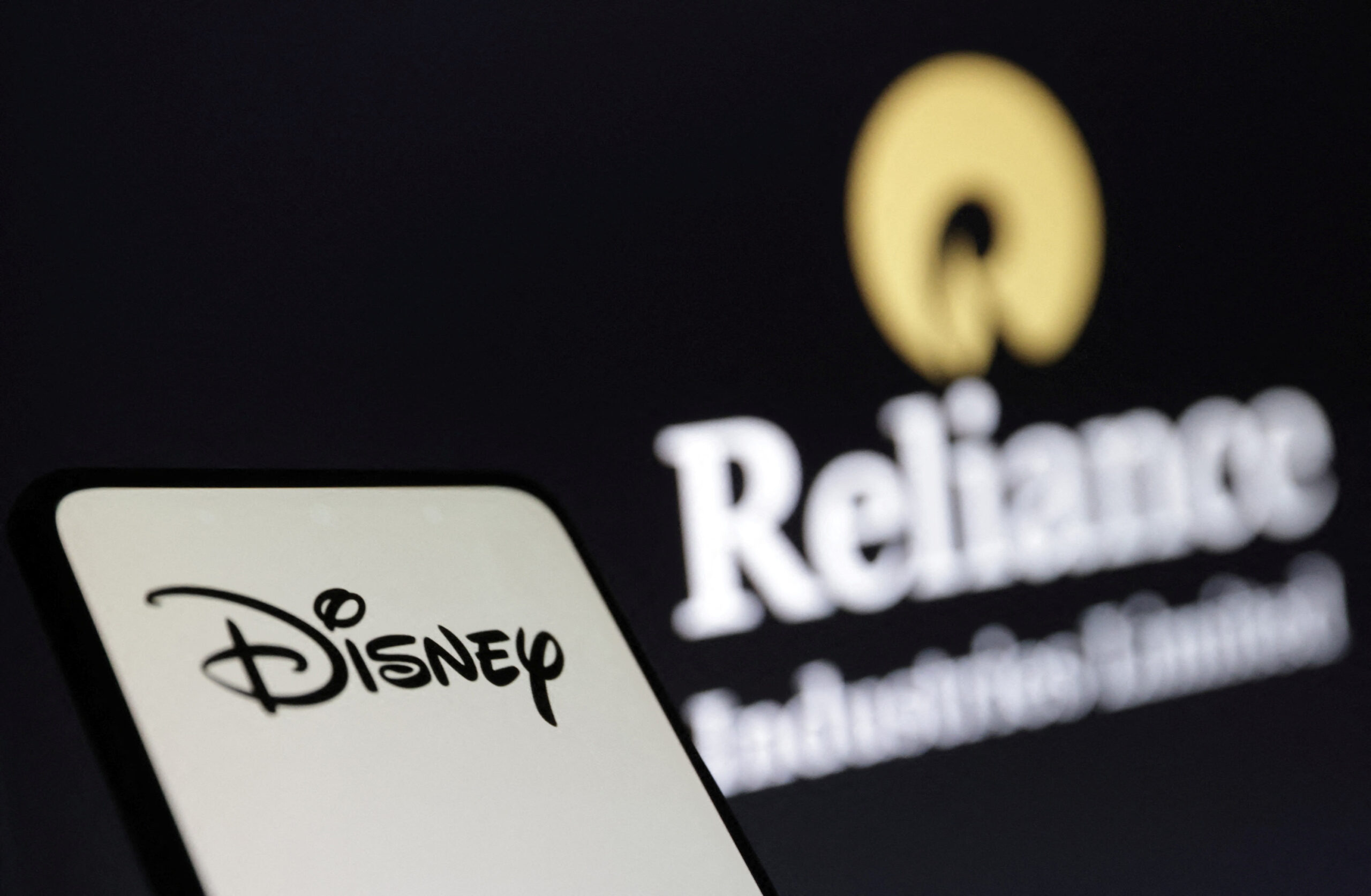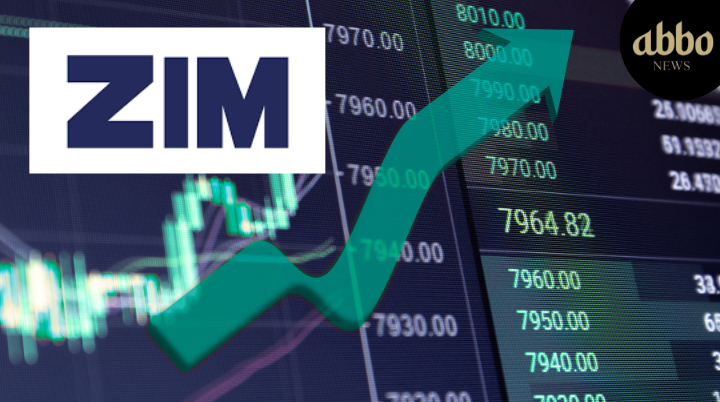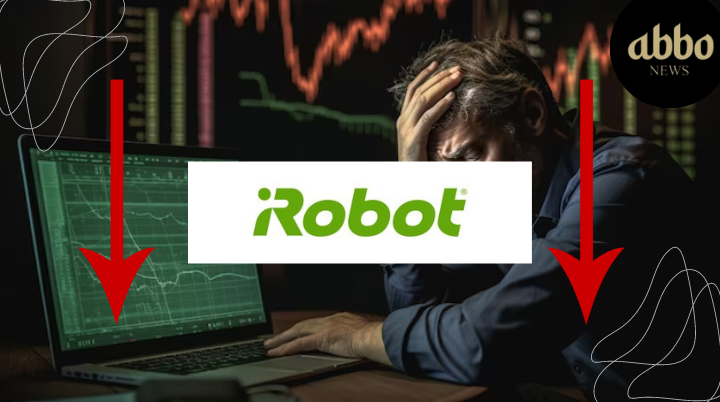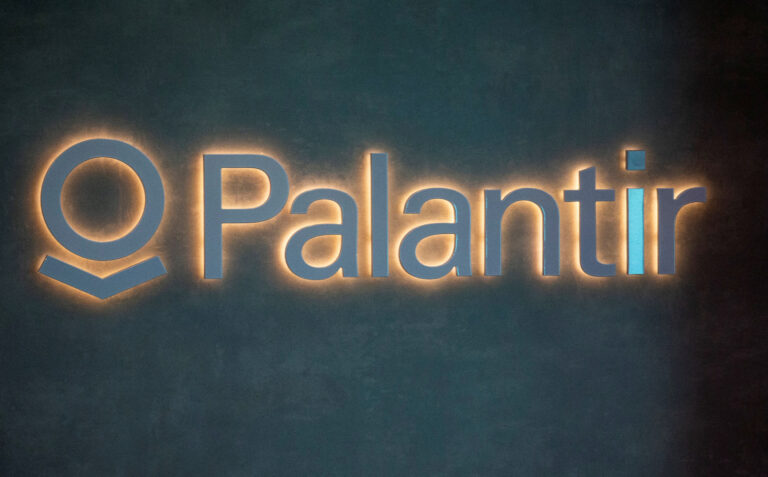NEW DELHI – India’s antitrust body has reached an initial assessment that the $8.5 billion India merger of Reliance and Walt Disney (NYSE: DIS) media assets harms competition due to their power over cricket broadcast rights, four sources told Reuters on Tuesday.
It is the biggest setback so far to the planned Disney-Reliance merger which aims to create India’s biggest entertainment player which will compete with Sony, Zee Entertainment, Netflix (NASDAQ: NFLX), and Amazon (NASDAQ: AMZN) with a combined 120 TV channels and two streaming services.
The Competition Commission of India (CCI) has privately warned Disney and Reliance through a notice in which it has shared its concerns about their grip over rights to broadcast the favorite sport of the world’s most populous country, one of the sources said.
The CCI has asked the companies to explain within 30 days why an investigation should not be ordered.
“Cricket is the biggest pain point for the CCI,” said another source.
The merged company, which would be majority-owned by Asia’s richest man Mukesh Ambani’s Reliance, would have lucrative rights worth billions of dollars for the broadcast of cricket on TV and streaming platforms, raising fears over pricing power and its grip over advertisers.
Reliance, Disney, and the CCI did not respond to requests for comment. All sources declined to be named as the CCI process is confidential.
Antitrust experts had warned the merger, announced in February, could face intense scrutiny, especially on the sporting rights issue.
Formerly, the CCI privately asked Reliance and Disney (NYSE: DIS) around 100 questions related to the merger. The companies have told the watchdog they are willing to sell fewer than 10 television channels to assuage concerns about market power and win early approval, sources told Reuters.
But they had refused to relent on cricket, telling the CCI that broadcast and streaming rights will expire in 2027 and 2028 and cannot be sold right now, and that any such move would require the cricket board’s approval, which could delay the process.
The Board of Control for Cricket in India has Jay Shah, the son of Prime Minister Narendra Modi’s home minister Amit Shah, in one of its top positions as secretary.
“GETTING COMPLICATED”
Reliance-Disney will own digital and TV cricket rights for top leagues, including the world’s most valuable cricket tournament, the Indian Premier League.
The CCI notice may delay the approval process but the companies can still address the concerns by offering more concessions, the first source said.
“This is a precursor of things getting complicated … The notice means that initially, the CCI thinks the merger harms competition and whatever concessions offered are not enough,” added the person.
A second source said CCI has given the companies 30 days to respond and explain their position, and the concerns currently revolve around how advertisers could face pricing challenges if the entities are merged.
“The CCI is concerned the entity can increase rates for advertisers during live events,” said the person.
Jefferies has said the Disney-Reliance entity will have a 40% share of the advertising market in TV and streaming segments.
Cricket has a fanatical following in India, the world’s most populous country with an estimated 1.4 billion people, and matches are sought after by advertisers.
Media agency GroupM estimates spending on sports industry-related sponsorship, endorsement, and media totaled to nearly $2 billion in 2023. Cricket accounted for 87% of those spends.
The former head of mergers at the CCI, K.K. Sharma, has said the merger could lead to “almost an absolute control over cricket.”
Zee and Sony planned to create a $10 billion TV behemoth in India in 2022 and got a similar warning notice. They offered some concessions by selling three TV channels which helped them win a CCI approval, but the merger eventually collapsed.
(Source: ReutersReuters)













